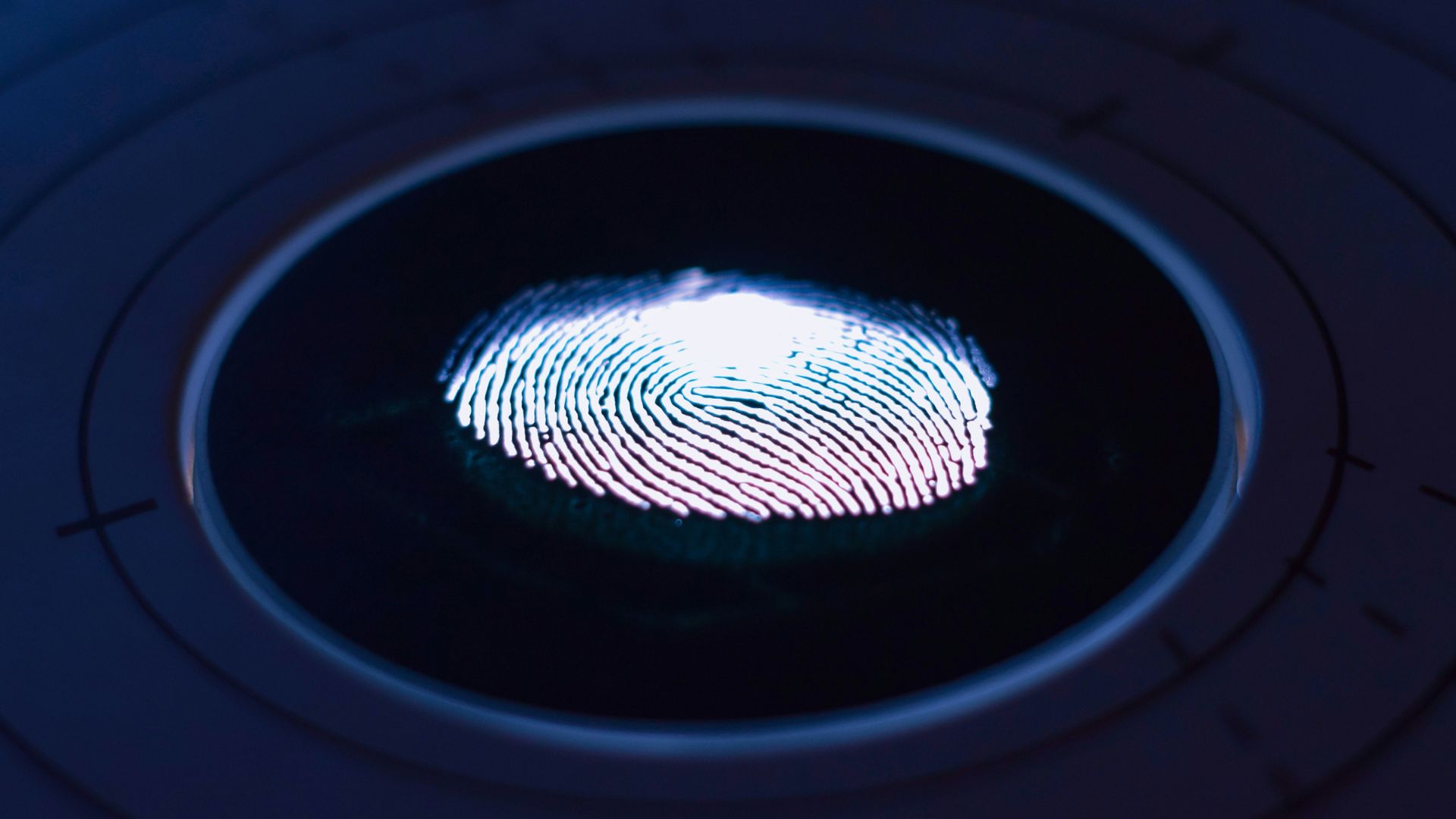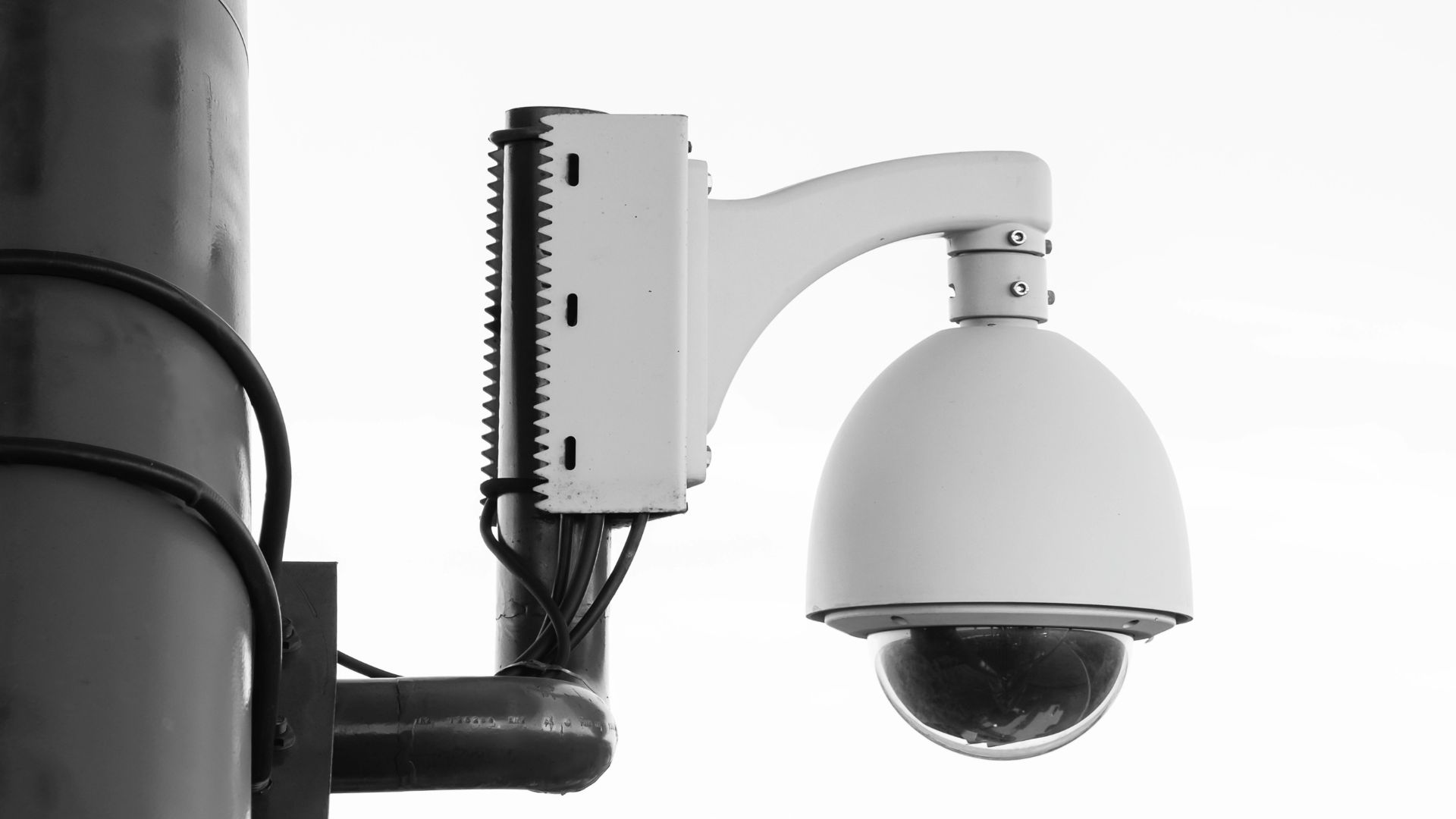An Illinois woman has taken a bold step by suing Target, accusing it of secretly gathering her biometric data—such as facial and fingerprint scans—without her consent.
Her legal action casts a light on urgent privacy issues and raises doubts about the commitment of major retailers to comply with stringent privacy regulations.
Core Issue Exposed

Filed in Cook County, the lawsuit accuses Target of covertly employing facial recognition technology to collect biometric data from its patrons.
Such practices have sparked significant concerns about the balance businesses maintain between operational needs and the privacy rights of individuals.
Legal Boundaries Breached

Target is under scrutiny for potentially violating the Biometric Information Privacy Act (BIPA), with claims that it failed to secure necessary customer consents.
The legal complaint specifically states, “Target does not notify customers of this fact prior to store entry, nor does it obtain consent prior to collecting its customers’ Biometric Data.”
Clarifying BIPA’s Intent

Established to safeguard Illinois residents from unauthorized biometric data usage, BIPA requires companies to be forthright.
The current allegations against Target indicate a disregard for these protective measures, potentially exposing customer data.
Inalterable Nature of Biometric Data

The complaint underlines the unchangeable nature of biometric data, which, unlike passwords, cannot be altered.
“Biometrics, however, are biologically unique to the individual; therefore, once compromised, the individual has no recourse,” it asserts, spotlighting the severe implications of such security breaches.
Surveillance Extends Beyond Theft Prevention

What was initially a strategy to curb theft now reportedly includes capturing facial data of shoppers without their permission.
This expansion of surveillance raises complex questions about the intersection of privacy and security.
Advocating for Broad Consumer Rights

Plaintiff Arnetta Dean is not only defending her personal rights but is also championing the rights of all Illinois residents facing similar privacy invasions.
She seeks reparations and is calling for rigorous enforcement of privacy laws to avert future breaches.
High Stakes for Non-Compliance

Should Target be found guilty of violating BIPA, the consequences could be severe, with fines ranging from $1,000 for negligent violations to $5,000 for intentional or reckless violations.
Such penalties demonstrate the hefty financial risks associated with failing to respect privacy laws.
Trailblazing Legal Terrain

This case is part of an expanding series of biometric privacy lawsuits, highlighted by a recent $650 million settlement from Facebook.
It stresses the increasing scrutiny on how firms manage sensitive biometric information.
Transformative Impacts on Retail

A judgment against Target could trigger a comprehensive reassessment of biometric data practices across the retail sector, Fox Business notes.
Such a verdict would likely tighten regulatory oversight and reshape privacy management in customer relations.
Navigating Future Challenges

As the proceedings advance, the retail industry closely observes Target’s next steps—whether to settle the allegations or fight them in court.
Their strategy will likely influence how privacy laws are enforced against other large enterprises in the future.
Reflecting on Broader Implications

The lawsuit highlights the ongoing struggle to balance technological advancements with the necessity for strong privacy protections.
The results could profoundly influence consumer rights and corporate obligations, potentially reshaping how businesses operate across various industries.
